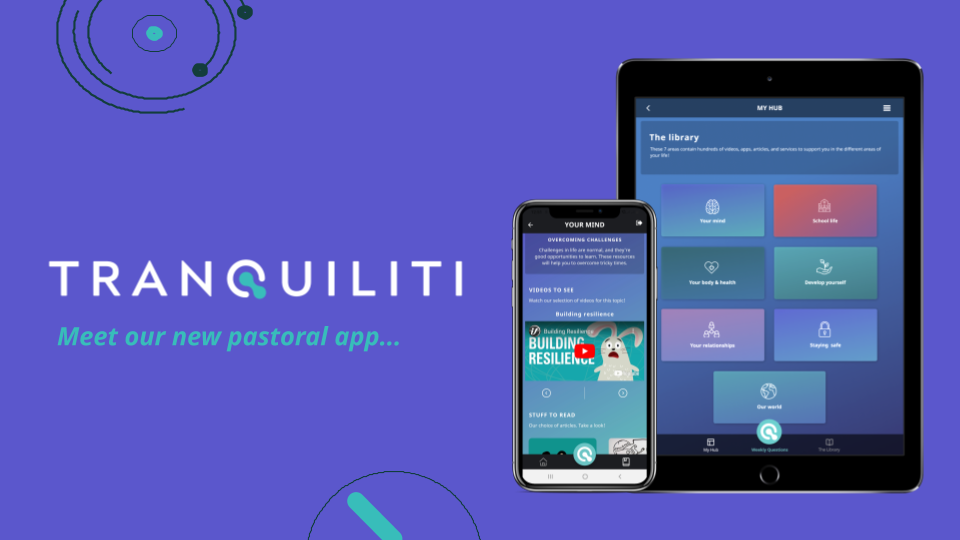The problem
Prior to the current crisis, young people’s mental health was the top concern of two-thirds of headteachers. Last year, 90% of leaders reported a rise in pupils suffering with mental health issues, and data from YoungMinds reveals 83% of young people agree that the pandemic has made their mental health issues worse.
There are two key problems:
- Currently, over half of young people with mental health concerns don’t reach out for support because they don’t understand what’s going on. When students do recognise an issue they struggle to know where to turn, with unreliable information online and unclear signposting within schools.
- Schools want to do more to improve the wellbeing and experiences of their students, but lack the data to know where students need further support, what’s working well, and what else needs to be done. Students need to play a more central role in these conversations.
“I’ve been looking for something that can support my students and give me the insights I need for years – Tranquiliti’s brilliant.”
Deputy Headteacher
Harrogate Grammar School
The solution
Tranquiliti is a new digital service that looks to place the voice of every young person at the heart of their school. It has been co-designed with over 200 students and 30 educational and wellbeing experts.
Students communicate their thoughts on their wellbeing and school life by answering weekly questions on a web and mobile app.
By building an accurate picture of every student, Tranquiliti enables schools to improve wellbeing and school life, while providing effective signposting and support for young people wherever they are.

The Tranquiliti Model
Weekly check-in
- Each week students answer tailored questions from across over 40 areas of wellbeing and school life. This can be done using a mobile or computer, at home or at school.
Personal student support
- Students see insights into their own wellbeing and mental health, and can access a personalised hub of resources and support, including pastoral staff, and a library of over 400 apps, articles, videos and digital services.
Continuous staff insight
- The questions students answer give staff an ongoing picture of the wellbeing and experiences of students at an individual and cohort level. This data helps staff identify students in need of support and spot trends across the student population.
Data-led improvement
- Based on the insights, staff select areas to get additional insight into, prompting feedback from students in the weekly check-in. This data is analysed to help schools make informed decisions to improve wellbeing and school life, with impact tracked through the app.
Work in action
Aaron and George believe in a systemic approach to tackling mental health in schools.
They are currently piloting a beta service in two schools, and in the first five weeks of the pilot, students answered nearly 10,000 questions about their wellbeing and experiences of working at home.
The platform has revealed how students are coping, their motivation levels, the ways in which they need further support, and how they’ve found the school’s processes for remote working.
This data has enabled teachers to address the root cause of any issues; using the insights gathered to host data-led digital assemblies each week, and to amend how they support remote working.
The team is now improving the app and working with partners such as The Children’s Society to create a question set to ensure young people are accurately signposted to useful advice and support. They have bold ambitions to expand nationally and aim to be in 100-150 schools across the UK by Autumn 2022.
“It is an important app to have in schools when there are so many people it’s difficult to help everyone, and this makes it easier for students to express how they feel.”
Student
Year 9
The Big Changers
George and Aaron believe that despite teachers’ best efforts, the current education system is failing young people. Having worked in schools and PRU’s, they’ve seen first-hand the problems that young people face, and how difficult they can find it getting the support that’s appropriate for them.
Aaron John
Most recently, Aaron worked at the School for Social Entrepreneurs, where he designed and ran start-up programmes for clients such as Lloyds Bank and Linklaters.
George Metcalfe
Prior to co-founding Tranquiliti, George worked at New Philanthropy Capital, and contributed to the youth-focused tech for good initiative, My Best Life.


